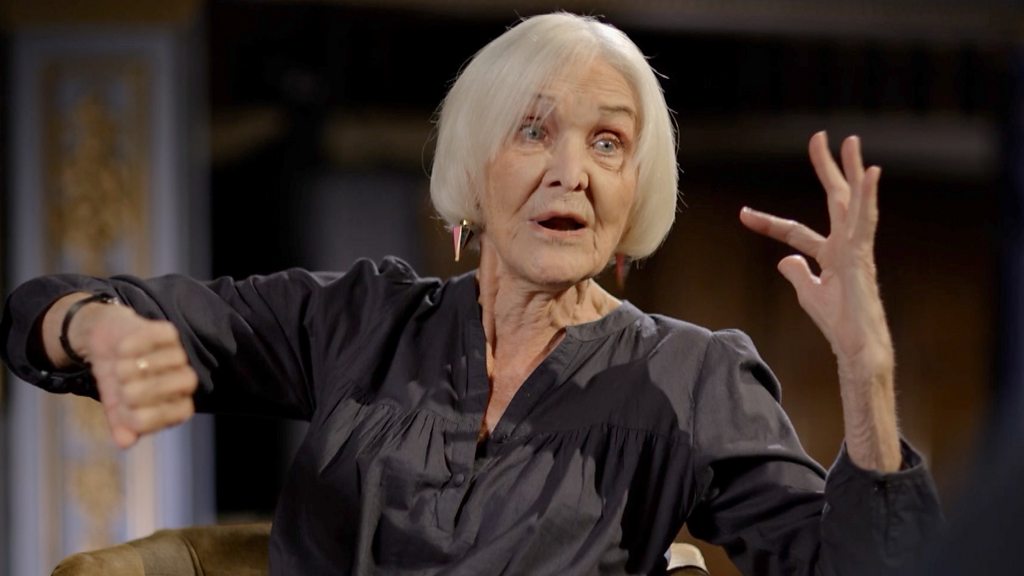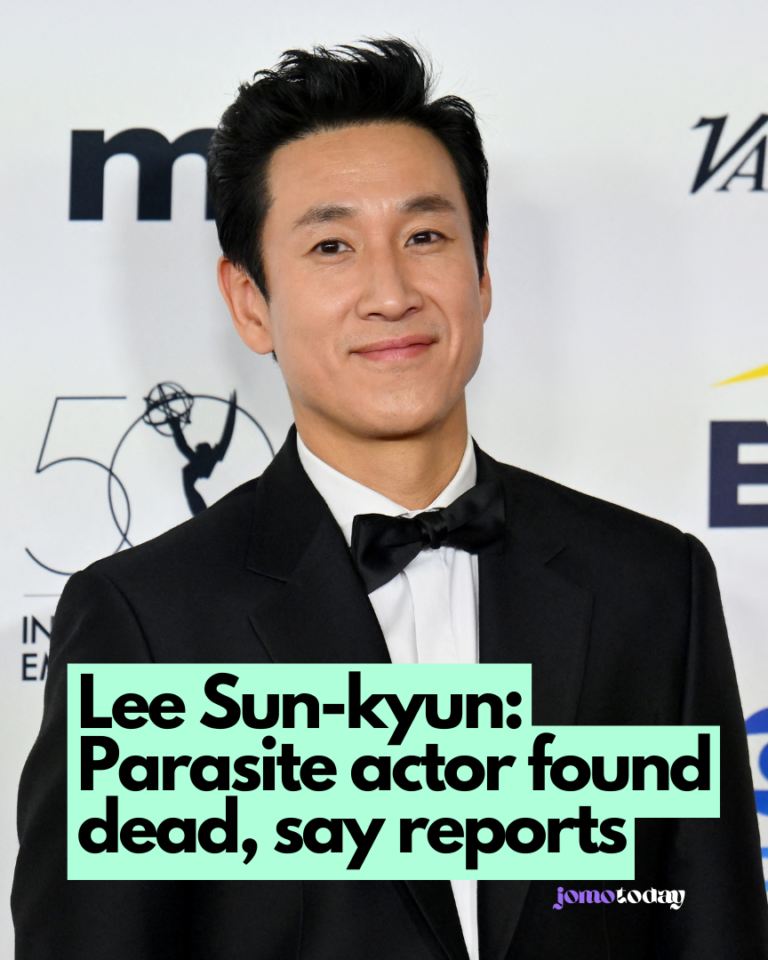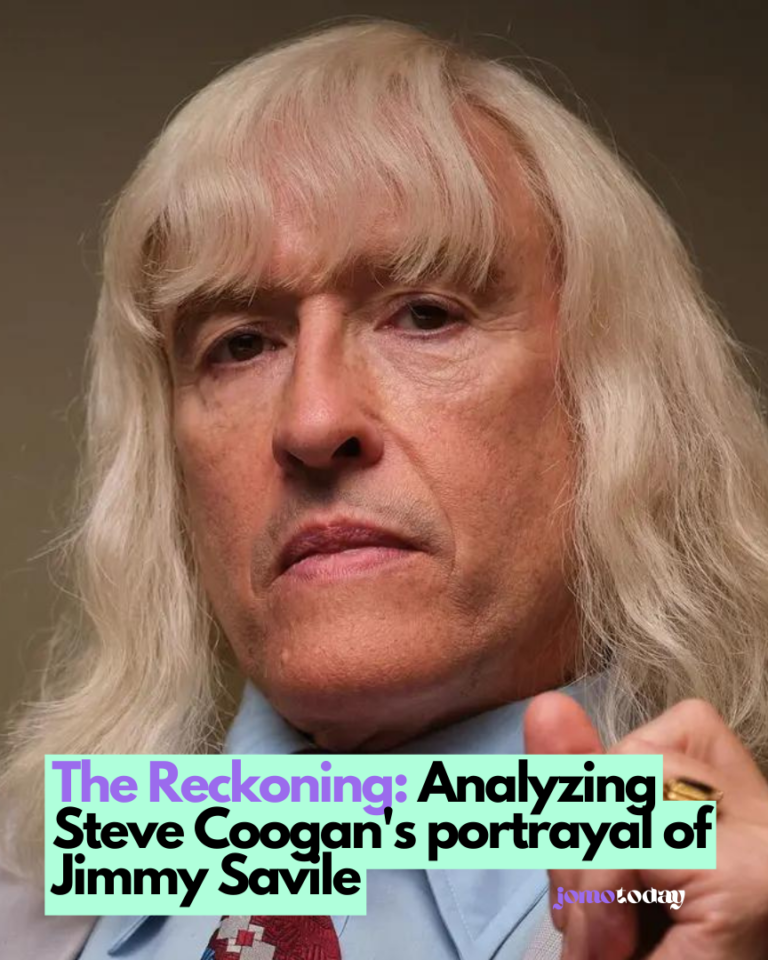In an interview, Dame Sheila Hancock discusses the importance of honesty, her experiences as a struggling actress, and being advised to undergo plastic surgery. She emphasizes the need for candidness and authenticity in her portrayal of personal and professional struggles.

The actress Dame Sheila Hancock on speaking her mind, being a struggling actress and being told to have plastic surgery.
Dame Sheila, a highly esteemed figure in British entertainment, shared with the BBC’s Amol Rajan that if she were to face cancellation for making an outrageous statement, it wouldn’t bother her much as she believes she’s approaching the end of her life anyway. She earned her damehood in 2021 for her contributions to drama and charity, boasting an impressive career as an actor, singer, and writer spanning over seven decades.
Known for her roles in productions like “Entertaining Mr Sloane,” which earned her a Tony, as well as popular shows such as “Annie,” “Sweeney Todd,” and “Cabaret,” Dame Sheila has left her mark in both film and television with works like “Carry On Cleo,” “The Boy in the Striped Pyjamas,” and “Edie.”
Reflecting on her early days at the Royal Academy of Dramatic Art (Rada), where she began her career on a prestigious scholarship, Dame Sheila shared that she was among the few working-class individuals there. Recounting her experiences, she mentioned facing criticism for the way she pronounced certain words, a source of amusement for her more affluent classmates who, in her words, were “frightfully posh.”
Upon completing her studies at Rada, Hancock swiftly delved into working in theaters to make ends meet. She notes that the pay was meager, and frequent theatergoers could discern her financial struggles, evident in her visibly malnourished appearance.
Due to the low wages, compassionate locals took notice and began bringing hot meals to her doorstep. Dame Sheila’s physical state had deteriorated to the point where she eventually fainted due to malnutrition. Beyond grappling with a poor diet, she relentlessly endeavored to establish herself in the competitive realm of acting.
At the age of 19, she penned letters to the BBC, expressing the challenges of being a “struggling actress without influential connections.” Despite facing setbacks after a general audition a year later, where she received praise for her acting but was confined to roles like cleaners and maids, she persevered.
Her breakthrough finally came with a significant role in the comedy drama The Rag Trade, drawing on her working-class background to portray Carol, one of the women in a sewing factory during the early 1960s. This opportunity materialized after nine years of toiling in regional theater, and interestingly, the role of Carol was not originally earmarked for Dame Sheila. Undeterred, she wrote to the head of comedy at the BBC, expressing her desire to play Carol. The show became a major success, attracting an audience of 11 million viewers.
“I’m delighted to discuss it because, in the ongoing history of theater, the contribution of women, especially in the Rag Trade, is often overlooked due to its classification as a cheap comedy show.
However, it marked a significant milestone – with three women in the lead roles, we not only had substantial parts but also consistently outshone the male characters each week,” she expressed.
This breakthrough played a pivotal role in Hancock’s career, propelling her to headline her own shows and secure roles in iconic films like Carry on Cleo in 1964.
Having made a name for herself as an actress and performer in the 1950s, she faced early career challenges due to not conforming to the rigid beauty standards of that era.
“I struggled with acne, which affected my skin. During a performance as a model at Bromley Rep, someone noticed me and invited me to their office. Under a harsh light, they remarked, ‘You’ll need plastic surgery because your nose is quite unusual.’ I didn’t fit the conventional image of an ideal woman in those times,” she revealed.
Dame Sheila recounted her experience in the successful play “Rattle of a Simple Man” in London’s West End. Despite her success, she was overlooked for the film adaptation in favor of another actress deemed a “more beautiful version.”
It was only years later that a producer on the film approached Hancock to offer an apology for not casting her in the movie.
Dame Sheila reflects on the grief she has experienced outside of her professional life, acknowledging her difficulty in imparting lessons due to her own ongoing learning process. Having lost both husbands, Alec Ross in 1971 and John Thaw in 2002, she shares that the only insight she can offer is the eventual emergence from the depths of sorrow.
In dealing with her personal challenges, Dame Sheila has discovered solace in the Quaker faith, embracing it in the 1980s following a bout with cancer. Recalling the void she felt in her life during that health crisis, she found a profound spiritual connection within Quaker practices. The silent worship resonated with her, emphasizing the outward reach for something beyond oneself rather than an inward meditation.
Reflecting on whether Quakerism has aided her in coping with grief, Dame Sheila emphatically affirms, “Oh God, yes.”
Dame Sheila shared how embracing honesty has not only shaped her career but also fostered genuine connections in her relationships. Her resolute commitment to authenticity serves as a powerful reminder for all of us to navigate through life with integrity. It’s so inspiring to see someone of her stature championing the value of being true to oneself, and her words definitely resonate in today’s world. So, let’s take a leaf out of Dame Sheila Hancock’s book and strive to live with scrupulous honesty, making honesty the cornerstone of our own journeys.
Read More: Annie Nightingale: Legendary Radio 1 DJ dies at 83






Leave a Comment